More data shows the negative impact of vape flavor bans
Echoing the findings of previous studies, a recent survey revealed the significant impact of vape flavors on smoking cessation behavior. The survey, conducted in Ireland by Red C Research and Marketing, revealed that one in five vape users said they were likely to return to smoking if flavored vapes were banned. What’s more, 75% of respondents believe that banning flavors may lead to an increase in the number of teenagers smoking. This finding highlights the key role of flavor in vaping as a smoking cessation tool.
The survey also found that one in five adult vape users said they would start smoking again if vape flavors were banned. This data highlights the negative impact that flavor bans can have on smokers’ efforts to quit.
As of December last year, Irish law prohibited the sale of nicotine-containing vapes to individuals under the age of 18. Despite these age restrictions, discussions are ongoing about whether additional restrictions should be imposed on vape flavors.
The survey was commissioned by Respect Vapers, an organization dedicated to promoting vaping as a means of quitting smoking. The survey found that 90% of vape users are concerned that flavor bans may promote the development of a black vape market. This view is supported by real-world data from experts in the field as well as from regions that have already implemented flavor bans in some areas.
The survey also revealed that nearly half of respondents said they would seek flavored vape products from outside Ireland if a flavor ban were implemented. Meanwhile, 71% of respondents expressed concern that if vape flavors were banned, smokers would be less willing to switch to vaping to quit smoking. In addition, about 37% of respondents support banning flavors that particularly appeal to young people, such as beverages, energy drinks, candy or dessert flavors.
The survey results further show that the vast majority of refillable vape users (more than half of all vape users) believe the flavor helped them quit smoking completely. One in five vape users said they would return to smoking if the flavor was banned. And nearly two-thirds of dual users (i.e. smokers and vape users) said they would only continue smoking if flavors were banned. In fact, 98% of ex-smokers surveyed believed that vaping helped them quit smoking, with 85% of ex-smokers saying they smoked less.
The Importance of Vape Flavor
In a discussion with smoking cessation expert Dr. Colin Mendelsohn, he noted that vape flavors play an important role in helping smokers quit smoking. In his experience, many smokers choose familiar tobacco flavors when they start vaping, but most later switch to other flavors. These other flavors are often more pleasant and help remind smokers to smoke less.
Vape flavors are crucial in luring smokers away from traditional cigarettes. Many smokers find vape flavors more appealing than traditional cigarettes, which helps them transition to healthier smoking alternatives. In addition, the taste of vape can meet the personalized needs of consumers, thereby increasing their usage experience and satisfaction.
Overall, flavor availability was associated with higher quit rates. However, banning certain flavors should be carefully considered to avoid negative impacts on public health. For example, descriptive flavor names, images and packaging that particularly appeal to young people should be banned, as well as flavors found to pose significant health risks.
Should vape flavors be banned or not?
Tobacco harm reduction expert David Sweanor took a similar view, stressing the importance of considering potential risks when implementing flavor bans. He noted that any measures to discourage smokers from using vaping as a safer alternative should be weighed carefully as it could lead to additional premature deaths.
Sweener’s argument is backed up by studies showing that flavor bans can be counterproductive. For example, in 2020, the Florida Legislature passed a bill aimed at banning vape flavors. However, the bill was ultimately defeated due to concerns from public health experts. They argued that the bill would not only harm the vape industry, but also deprive smokers of safer alternatives, make it harder for them to quit smoking and discourage others from smoking.
In his veto message, Florida Governor DeSantis explained that while the bill was originally intended to raise the legal age to purchase tobacco to 21, it effectively bans smokeless vape flavors that many Floridians use as an alternative to cigarettes. Safe alternative. Subsequent data showed the governor’s decision was correct, as vape use among Florida’s teens is declining and adults who vape are more likely to quit smoking than those who use other nicotine replacement therapies.
“Our young people matter, and policies to protect their well-being should be thoughtful, not knee-jerk,” Sweener concluded. This view underscores the importance of comprehensive considerations when developing vape policies.
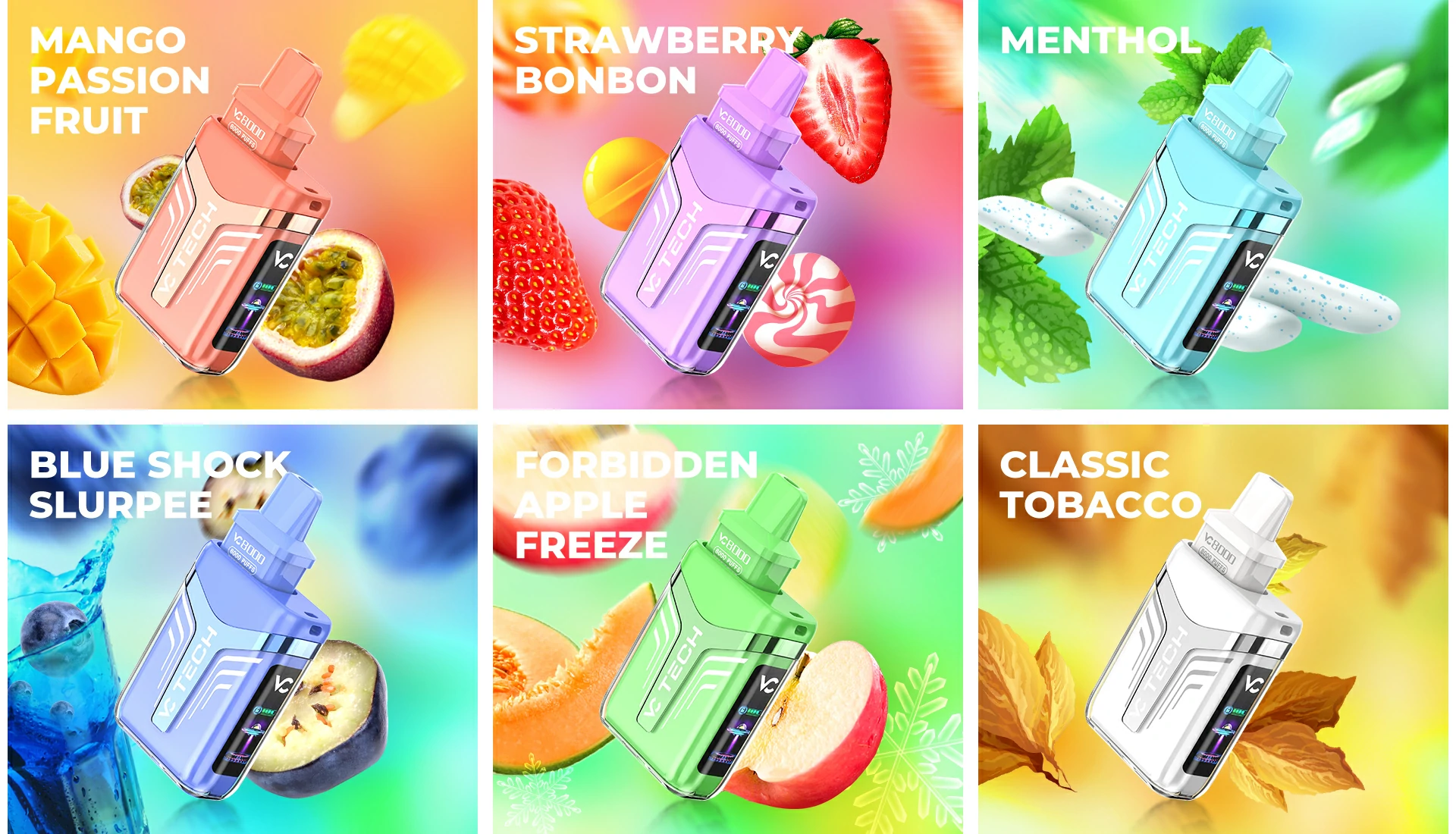

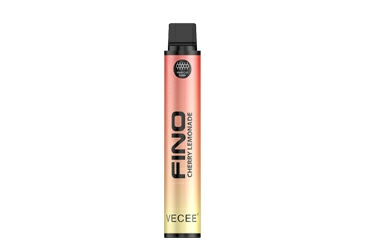

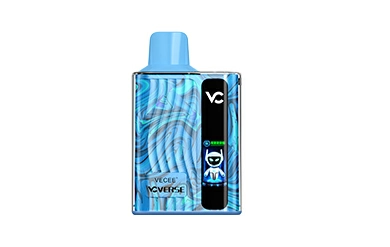
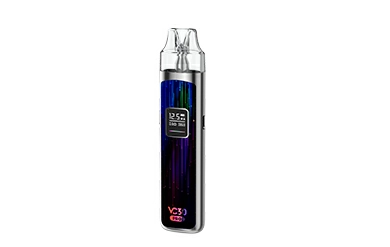
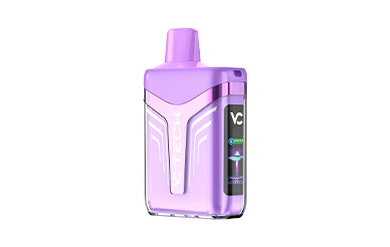


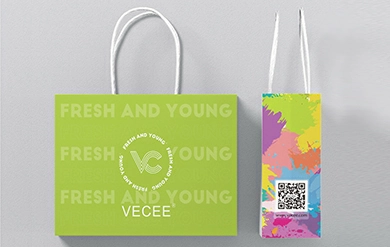



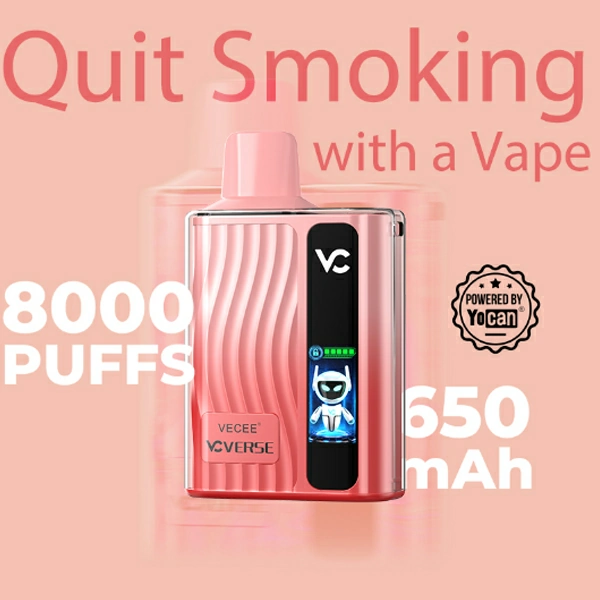
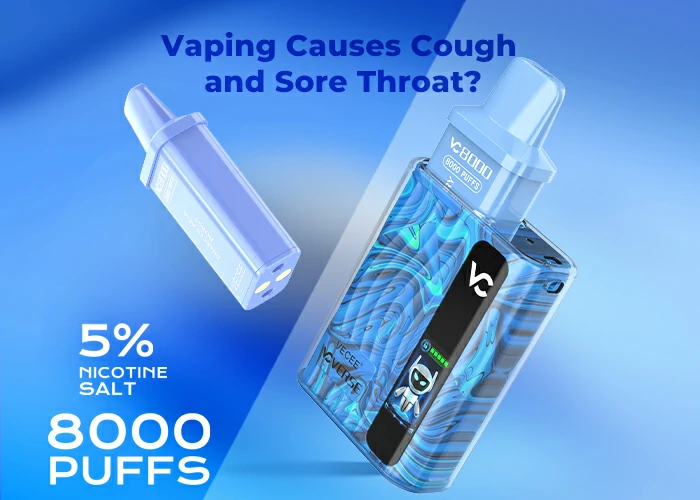
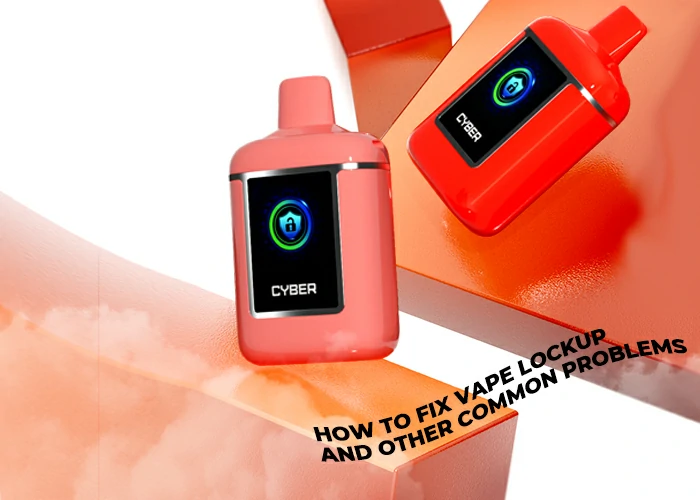

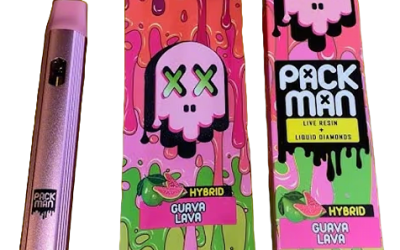
0 commentaires